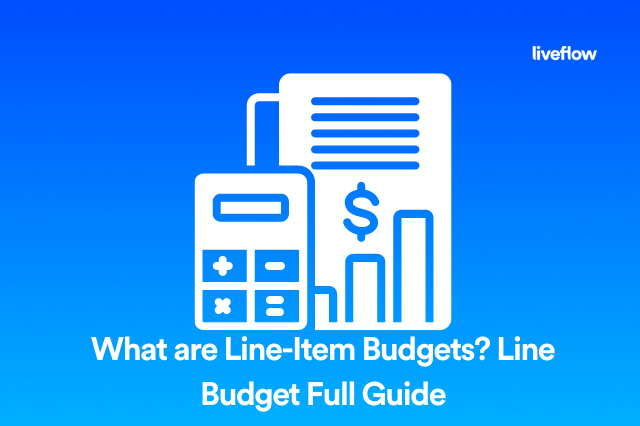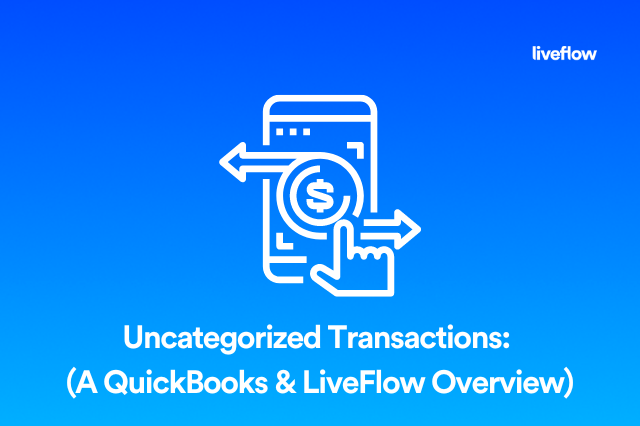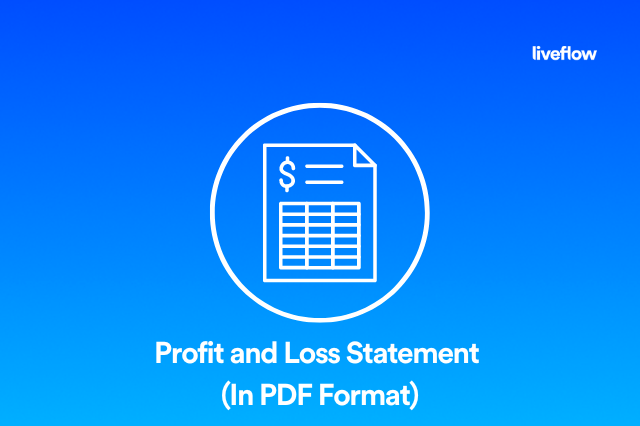Outside of the finance and accounting world, many people are confused about exactly what the different roles and designations mean. Many even use terms like bookkeeper vs accountant interchangeably.
However, while they do perform similar tasks and there can be some overlap, there is a difference between accounting vs bookkeeping. So, what is the difference between an accountant and a bookkeeper? We’re about to explain!
What Is Bookkeeping?
As the name suggests, bookkeepers are financial administrators who record daily transactions in a company’s “books,” or probably more accurately, in their accounting software.
Bookkeepers work with actual finance-related documents like invoices, purchase orders, bills from vendors and so on. They enter these figures into a company’s accounting software, but their role is all about keeping records and not about financial forecasting and other complex accounting functions.
Some of the tasks bookkeepers might handle on a daily basis include:
- Capturing and recording financial transactions
- Creating invoices
- Payroll functions, including calculations and preparation of pay stubs
- Debit and credit recording
- Maintaining ledgers and accounts
- Balancing ledgers and accounts
While the role of a bookkeeper can be complex and demands a high level of accuracy and insight into financial management, they don’t typically provide any planning or advice to business owners or managers.
What Is an Accountant?
Accountants can and sometimes do perform bookkeeping functions, particularly if they work for small businesses with limited staffing. However, their training allows them to take their financial insights further than simply capturing information.
Accountants usually also provide financial reports and forecasts and can be involved in long-term financial planning for businesses.
Some of the tasks that an accountant might handle in a typical day include:
- Conducting internal audits
- Analyzing and verifying financial data
- Creating reports and financial statements
- Tax returns
- Income statements
- Balance sheets
- Forecasting and identifying growth opportunities
- Providing information about financial decisions when business owners require it
- Adjusting accounting entries when necessary
While some accountants do perform bookkeeping functions, their training allows them to provide additional insights and to be instrumental in planning for future purchases, growth, expansion and more.
What Training Do You Need to Be a bookkeeper vs Accountant?
While there are training courses for bookkeepers, there are no formal training or certification requirements. Many bookkeepers learn their trade on the job, starting as clerks and slowly learning the different tasks that make up the job.
Accountants usually have a bachelor’s degree from a university. If they plan to be a CPA or Certified Public Accountant, they will also complete additional studies and pass an exam.
Accountants also need to keep their credentials and education up to date, so there are usually requirements for annual training and courses to keep their skills current.
Bookkeeper vs Accountant Salaries
The national average salary for bookkeepers in the United States is a little over $42,000, while accountants earn, on average, about $73,000. That’s a big difference, which is why many small businesses choose to hire a bookkeeper full-time to take on day-to-day financial administration tasks and then outsource accounting functions to a third party or accounting firm.
There are also freelance bookkeepers who offer their services for a few hours a week to small businesses that don’t need to hire a full-time staff member.
The key to deciding which kinds of finance and accounting employees your business needs is to consider the workload. If you are just getting started, outsourcing might make sense. Still, if you have several employees, payroll, lots of purchasing, invoicing, inventory to manage and so on, it might be more cost-effective to hire a full-time bookkeeper or accountant.
Which One Do You Need?
If you have a small business that is simple in structure (so you don’t have a group of companies and different divisions, for instance) and your financial matters are fairly straightforward, you probably need a bookkeeper for your day-to-day financial management needs.
A bookkeeper will be able to capture expenses, create invoices, manage payroll and so on.
However, in order to complete your corporate taxes, create financial statements and so on, you will also need to have an accountant at some times during the year. Many small businesses choose to outsource these tasks so that they only pay an accountant when they need to use their services.
If you have a large company that has a complex structure and you make money from various different sources, you might need a larger financial management department that usually includes an accountant or even a CFO. They will usually work with bookkeepers and various administrative support staff who will take care of AR, AP and so on.
How Do Accountants and Bookkeepers Work Together?
Now that you know what the difference between a bookkeeper and vs accountant is, you might wonder how they can work together to manage your business’s financial needs.
The good news is that technology has made it a lot easier for various financial team members to work together.
Many companies use an accounting package like QuickBooks and have different kinds of permissions for different people. So your sales team might use the POS and quote features of your accounting package, and your bookkeeper and financial administrators might enter invoices and prepare payroll. Your accountant will use advanced reporting features.
Everything is accessible in the cloud and account-based, so it’s easily accessible and as secure as possible.
Give Your Team More Quality Tools
While modern accounting software has undoubtedly made it easy for accountants, bookkeepers, sales professionals and other members of your team to collaborate and get things done with a single source of truth, most don’t solve all the challenges your team faces.
One of the biggest challenges many financial professionals face is being able to create up-to-date, accurate and easy-to-understand financial reports from their accounting software.
That’s why we created LiveFlow. With the Google Sheets Add-On, it creates a live, real-time link between your accounting software and your custom reports. That means when your accounting figures change; your reports change too. This can help accountants, bookkeepers and other members of your team to share important information without access to your accounting software.
Share information with third-party service providers. Create custom reports for your management team. View the most important financial information for your company on easy-to-understand spreadsheets.
While you might not need complex reports if you’re still wondering what is the difference between an accountant and a bookkeeper, as your business and your team grows, tools like this are an invaluable addition to your fintech toolbox.
If you want to know more about LiveFlow and how it can help your accountant and your bookkeeper, we’d love to talk! Contact our team for more information and to schedule a demo.









